COVID Shot Does Not Protect From Long COVID: Journal 'Open Forum Infectious Diseases'
"We found no association with vaccination status at time of infection and the subsequent development of medically attended and diagnosed [long COVID]," study authors confirm.
A new study made available last month in Open Forum Infectious Diseases has concluded that COVID-19 shots do not reduce the risk of developing medically diagnosed Post-Acute Sequelae of COVID-19 (PASC), more commonly known as “long COVID.”
Follow Jon Fleetwood: Instagram @realjonfleetwood / Twitter @JonMFleetwood / Facebook @realjonfleetwood
Open Forum Infectious Diseases is published by Oxford University Press on behalf of the Infectious Diseases Society of America (IDSA) and the HIV Medicine Association.
The new research found no significant difference in the development of long COVID between jabbed and non-jabbed individuals.
The study, led by Dr. Melanie D. Swift and her team at Mayo Clinic, analyzed data from over 41,000 patients who tested positive for COVID.
Researchers used multivariable logistic regression models to evaluate the correlation between vaccination status and long COVID, controlling for factors such as age, sex, race, and comorbidity index.
According to the study, “No difference in the development of diagnosed PASC was observed between unvaccinated patients, those vaccinated with 2 doses of an mRNA vaccine, and those with >2 doses.”
In contrast to earlier studies that relied on symptom surveys to assess long COVID risk, this study used electronic health records to track medically diagnosed cases of long COVID.
“Most studies using symptom surveys found an association between pre-infection vaccination status and PASC symptoms, but studies of medically attended PASC are less common and have reported conflicting findings,” the study explained.
The researchers found that approximately 6.9% of the patients developed long COVID, with no significant protection offered by the vaccine.
The study’s analysis showed that “[n]o difference in medically-attended and diagnosed PASC was observed between unvaccinated patients, those vaccinated with 2 doses of an mRNA vaccine (aOR 0.98, p=0.7), and those with >2 doses (aOR 1.10, p=0.14).”
Additionally, the study noted that the risk of developing long COVID was lower for those infected during the Omicron variant period.
However, “No interaction was found between vaccination status and predominant circulating SARS-CoV-2 variant (p=0.79).”
The study authors conclude, “We found no association with vaccination status at time of infection and the subsequent development of medically attended and diagnosed PASC.”
You can read the full study below:
Follow Jon Fleetwood: Instagram @realjonfleetwood / Twitter @JonMFleetwood / Facebook @realjonfleetwood
'Patients Develop Severe and Critical COVID-19 Infection Despite Being Vaccinated': Journal 'Bioinformation'
A March study published in the peer-reviewed journal Bioinformation confirms that COVID-19 infections not only occur in those who receive vaccinations but that the vaccinated are infected significantly more often than the unvaccinated.
COVID-Vaccinated Who Receive 4 Doses 'More Likely to Become Infected Than People Who Received Fewer Vaccinations': European Journal of Clinical Investigation
A November study published in the European Journal of Clinical Investigation found that SARS-CoV-2 infection risk was higher in those who received four vaccinations compared to less vaccinated individuals.
Pfizer COVID Jab Has 'No Significant Effect' Against Infection or Transmission: Journal 'BMC Medicine'
A Wednesday publication in the peer-reviewed medical journal BMC Medicine confirms mRNA COVID-19 injections have “no significant effect” against infection or transmission.
Natural Infection Provides More Diverse Antibody Protection Than COVID-19 Injections: Harvard, Boston Children's, Massachusetts General, Brigham and Women's Hospitals
A study published online last month ahead of print in BioRxiv confirms natural SARS-CoV-2 infection supplies the body with more antibodies than COVID-19 mRNA jabs in children under 5 years of age.
Natural Infection Provides Superior Immune Protection Compared to COVID Jab: Journal 'Frontiers in Cellular and Infection Microbiology'
A study published last month in Frontiers in Cellular and Infection Microbiology confirms that natural SARS-CoV-2 infection confers a more potent mucosal immunity following infection compared to vaccination with the Pfizer/BioNTech mRNA COVID-19 jab in children.
Current COVID Vaccines 'Cannot Induce Immunity in the Mucosal Tissues of the Airways, Which Is the Site of SARS-CoV-2 Entry': Journal 'Nature'
An article published last month in Nature pushing “next-generation” inhalable vaccines confirms that current injectable COVID-19 vaccines are unable to prevent infection in the body’s airway mucosal tissues, where the SARS-CoV-2 virus enters the body.
4th Vaccine Booster Less than 2% Effective Against COVID After Just 4 Months, While 'Recent Previous Infection Provided More Sustained Protection': 9,560-Patient Study in 'The Lancet'
A recent publication in the peer-reviewed medical journal The Lancet analyzed the protection of a fourth dose of mRNA vaccination against SARS-CoV-2.
Second COVID-19 Booster Ineffective for Elderly: 'Journal of Medical Virology'
A brand new study published today in the Journal of Medical Virology reveals that the second COVID-19 booster shot does not significantly enhance immune responses in elderly nursing home residents.
2 Doses of Pfizer COVID-19 Jab Only 3% Effective in Children, 'Inadequate to Provide Protection Against' New Variants: Journal 'Immunology Letters'
A new study published Friday in the peer-reviewed academic journal Immunology Letters confirms Pfizer Inc.’s mRNA COVID-19 shot is only 3% effective in children with symptoms beginning after an average of 192 days post-injection.
'17 Million' COVID-19 Vaccine Deaths Worldwide: Physicists, Microbiologist for 'CORRELATION Research in the Public Interest'
Scientists representing the Canada-based nonprofit ‘CORRELATION Research in the Public Interest’ have published research arguing that COVID-19 vaccines have killed about 17 million people worldwide.


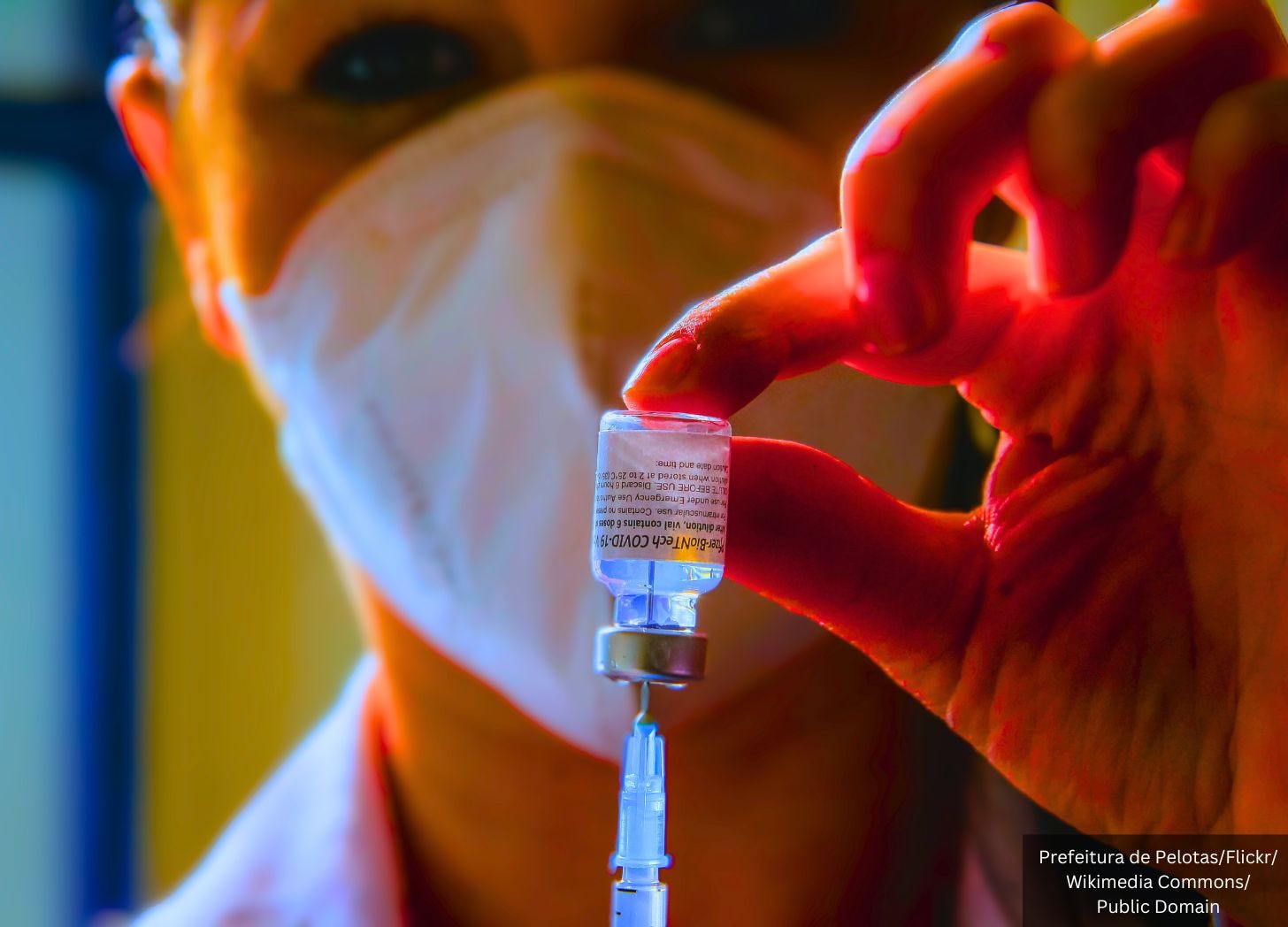
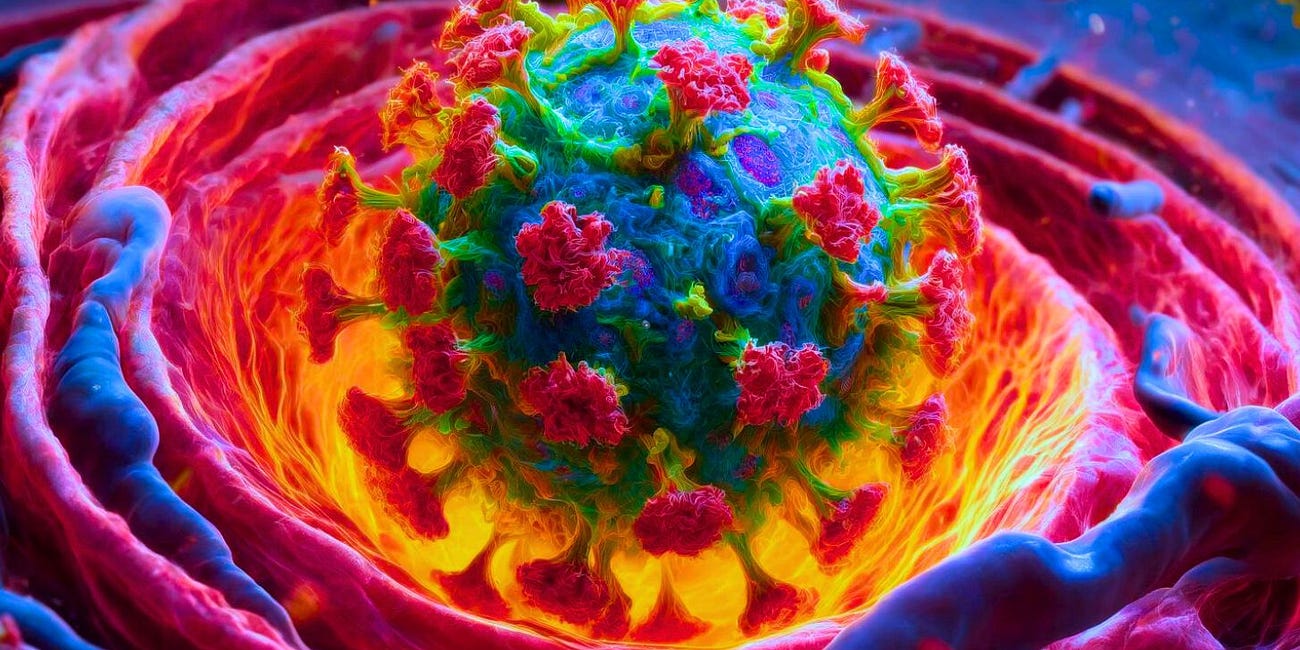
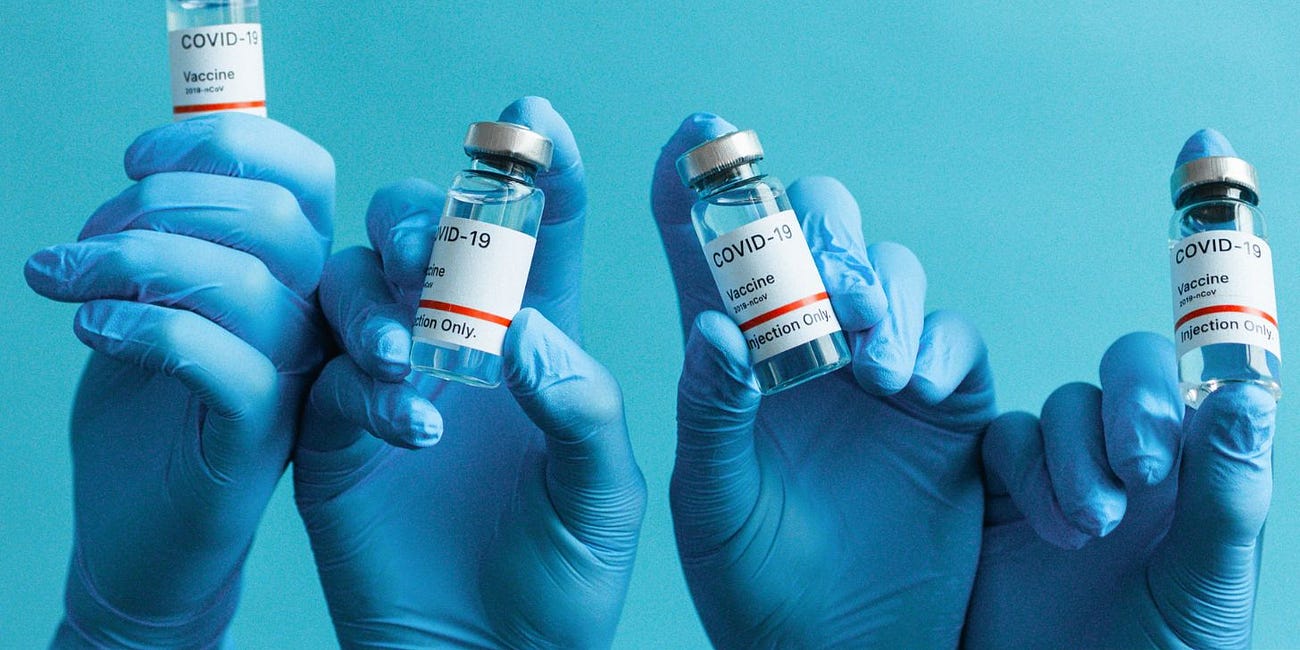


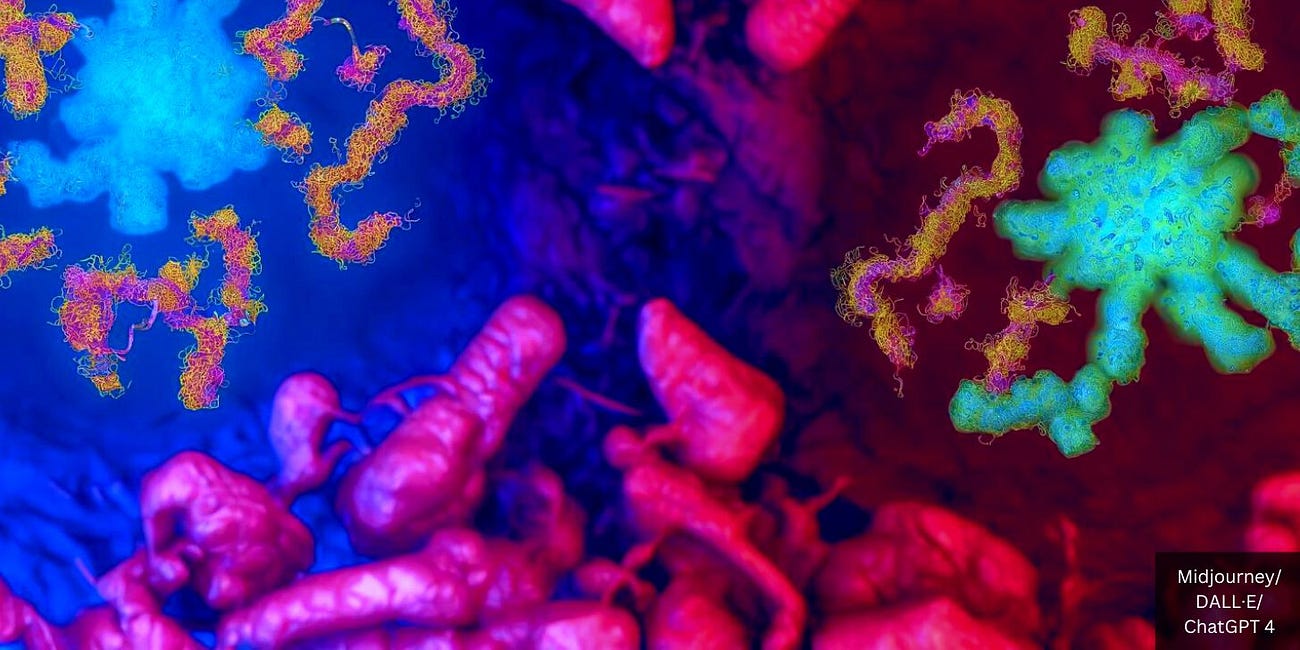


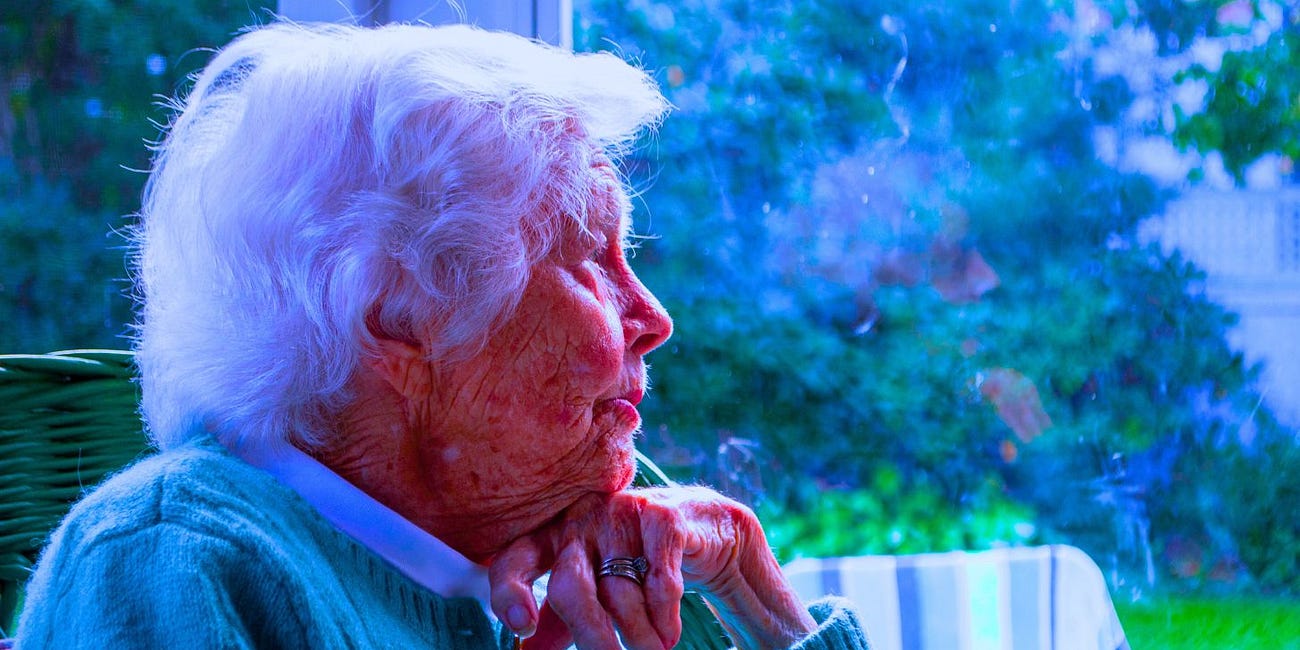
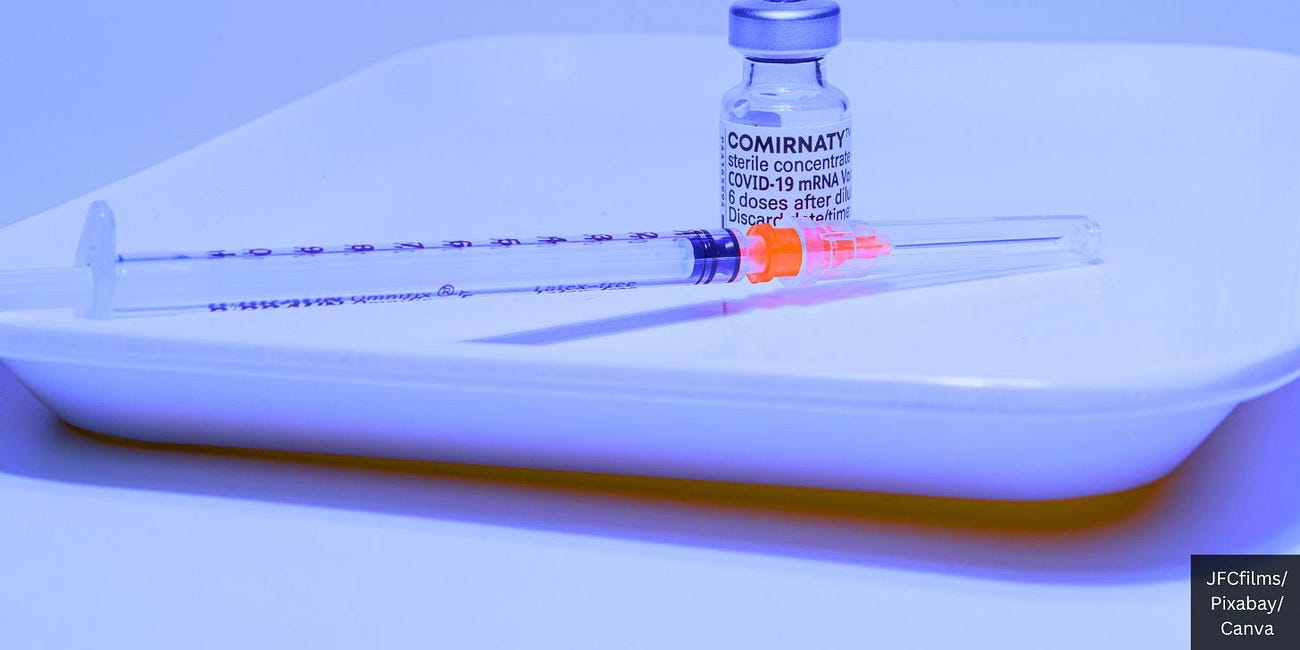

Long COVID is the side effect of the Bio-Weapon Poison!
What I really wanted to say when I read this headline is: NO SH!T, SHERLOCK!